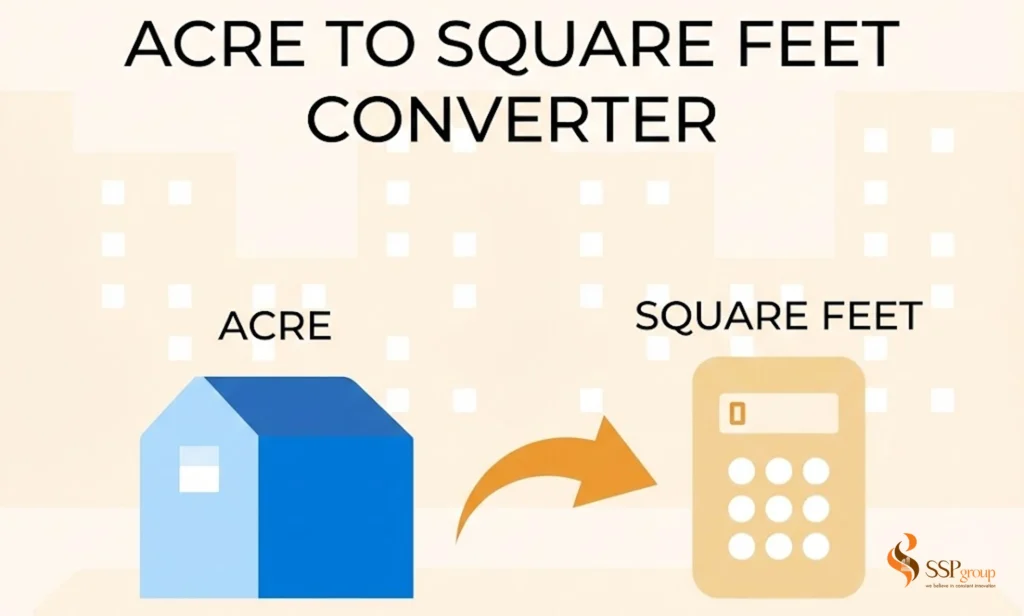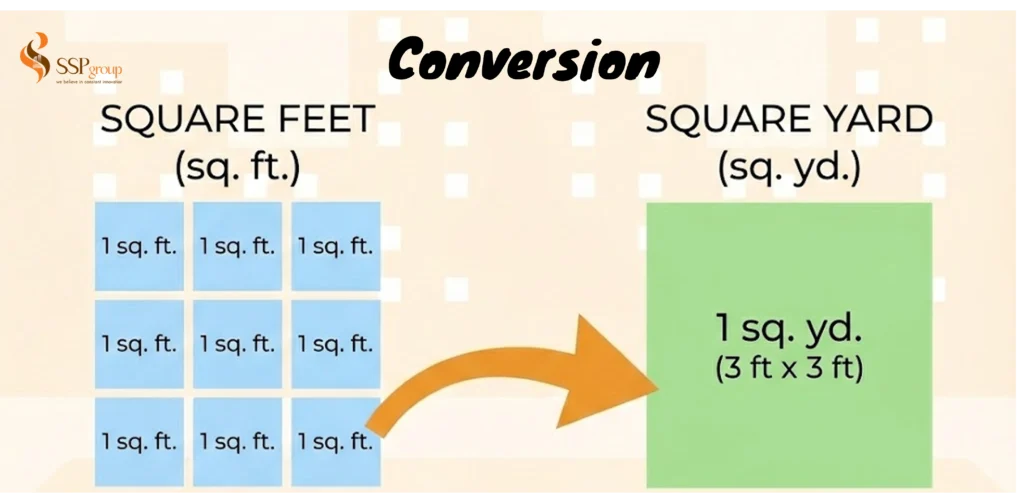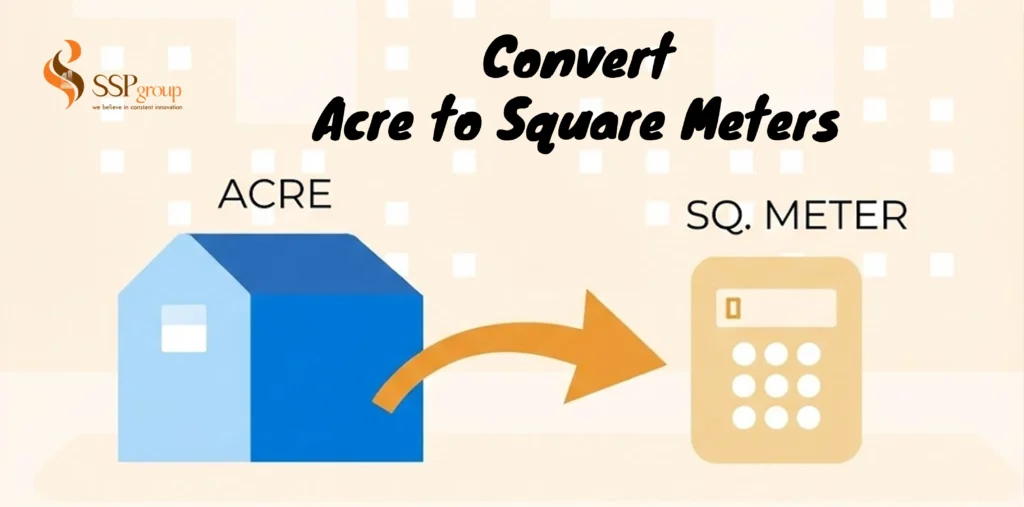What is RERA? Complete Guide to the Real Estate Regulatory Authority in India?
Introduction to RERA
RERA or ‘Real Estate Regulatory Authority’ is one of the innovative initiatives of the Indian real estate sector. RERA was brought about as part of the new Real Estate (Regulation and Development) Act, 2016, which aims to provide transparency and accountability to the real estate industry that has been riddled with complications, severe fraud, and ineffective consumer safeguards. RERA, on the other hand, is a single legislation that requires the setting up of a governing authority at the State and UT level for the regulation of real estate activities.
RERA is important from the perspectives of every stakeholder: homebuyers, builders, agents, or investors.
What prompt the introduction of RERA?
India’s real estate sector operated with little regulation prior to RERA. Buyers were completely exposed to the risk of developers postponing projects, changing them at will, and exercising absolute discretion with no accountability regarding the quality or timelines.
RERA’s issues, which preceded RERA, pertained to:
Delay in the timely completion of projects.
Promotion of services or products that have no basis by means of deceitful advertisements.
Deficient mechanisms for addressing complaints and providing solutions.
Absence of access to authentic information regarding the status of the project.
Improper use of funds by builders in other projects.
To improve the professionals in the market, make them austere towards spending, ensure order, and in the process serve the interests of the consumers by protecting their interests, RERA was introduced.
Objectives of RERA
The RERA Act was framed while keeping in mind several objectives.
Consumer Protection.
To ensure homebuyers’ investments are safe and their rights are protected.
Transparency
The developer must provide all information concerning the project. This includes approvals, layouts, deadlines, and financial statements.
Accountability
RERA makes builders answerable for the timeline of the projects, their quality, and what they promised to deliver.
Standardization
Brings uniformity in real estate practices and curbs exploitation.
Speedy Dispute Resolution
RERA Appellate Tribunals are provided with the power to set up fast-track dispute resolution mechanisms.
Key Features of RERA
- Compulsory Filing Projects with RERA
Real estate developments with more than 8 apartment projects consisting of more than 500 square meters must be registered with RERA before any advertisement, sale, and booking.
- Project Fund Payment Control
Funds collected by developers through sales must be deposited into a special account. This ensures that the project funding won’t be misused by being diverted.
- Urgent Delivery of Projects
In case developers postpone handing over the project, they have to pay the buyers interest on that amount, which is likely the same as what the seller would pay, if the seller were late.
- Defining Advance Payment
Developers should not request over 10 percent of the purchase price as an advance prior to the signing of sale agreement.
- Defining Carpet Area
RERA no longer will be allowing developers to use misleading terms such as super built-up areas without any meaning by coining a standardized definition of ‘carpet area’, which is the portion of sBuA that is actually usable.
- Changes and Alterations to the Approved Plan
No developer shall change any approved plan without the consent of at least two-thirds of the allottees.
- Defect Liability
Structural issues and other quality matters that may arise during the first five years of possession are covered by the developers free of charge. Payment will not be required, and they will be fixed within 30 days of a notice being sent.
Advantages of RERA For Buyers:
Easy Access: Buyers can find project details like timelines and approval prerequisites online.
Legal Protection: Buyers are protected with fast-track dispute resolution.
Risk Reduction: There are strict legal restrictions from developers on not delivering what was promised.
Defined Category: Definition concerning boundless space reduces the illegal charging of buyers.
Possession Delay Interest: Buyers are legally entitled to compensation for delays.
Advantages of RERA For Developers:
Brand Reputation: RERA compliance enhances the market image of the brand amongst buyers and investors.
Marketing: RERA-registered highlights garner more attention due to the legally provided assurance of unconditional funding.
Business Conduct: Better-regulated off-the-record dealings enable developers to conduct business more ethically.
Developer Competition: All developers face the same unethical competition.
Advantages of RERA for Real Estate Agents
Obligatory Registration: Agents need to register under RERA for them to work lawfully.
Professional Standards: Improves ethical practices and enhances service delivery.
Legal Status: Registered agents have more trust from buyers and developers.
How To Verify RERA Registration?
An official RERA site exists for most states. Here’s how to verify a project or an agent:
Go to your state RERA page.
Find the ‘Registered Projects’ or ‘Registered Agents’ tabs.
Search by typing the developer’s name, project name, or RERA ID.
Other region offices check RERA via:
Maharashtra: https://maharera.mahaonline.gov.in
Karnataka: https://rera.karnataka.gov.in
Uttar Pradesh: https://www.up-rera.in
Delhi: https://rera.delhi.gov.in
Penalties Under RERA
RERA imposes strict penalties for non-compliance:
| Offense | Penalty |
| Non-registration of the project | 10% of the project cost |
| Providing false information | Up to 5% of the project cost |
| Violation of the law | Up to 3 years imprisonment or 10% of the project cost |
| An agent operating without registration | ₹10,000/day up to 5% of project cost |
How to File a Complaint Under RERA?
If you are a buyer or an agent dealing with any issues with a builder or a project, you can lodge a complaint at your state RERA tribunal.
Steps to lodge a complaint:
Proceed To The State RERA Webpage.
Look at the top for the Complaint/Grievance section.
Provide all the needed information and submit the required documents.
Pay the relevant fee, which is mostly between ₹1,000 and ₹5,000.
Wait for an audience and determination from the authority.
RERA vs. Pre-RERA: Key Differences
| Parameter | Pre-RERA | Post-RERA |
| Project delays | Common | Heavily penalized |
| Buyer rights | Minimal | Strong protection |
| Registration | Not mandatory | Compulsory |
| Advance payment | No limit | Max 10% allowed |
| Fund usage | Arbitrary | 70% restricted to the project |
| Carpet area | Misleading | Standardized definition |
| Legal redressal | Slow and unclear | Fast-track tribunal |
Problems in RERA Enforcement
Implementation of RERA hasn’t been the same in all states for every region.
Problems tend to be:
Some states reduced the Act’s impact.
Barriers to the creation of appellate tribunals.
Deficient digitized systems.
Little awareness amongst potential buyers and brokers.
Nonetheless, as the ecosystem grows and enforcement becomes stricter, these issues are solving themselves.
Milestones Achieved Under RERA
Maharashtra has set the benchmark for other states to follow in RERA enforcement. Numerous developers were punished while thousands of delayed projects received expedited approvals.
Rajasthan garnered attention when UP RERA resolved over fifty thousand complaints within the first seven months.
Notable builders in Karnataka faced severe publicized mediations conducted under the RERA provisions.
Consequences of RERA on the Indian Real Estate Market
The following are a few ways RERA has remodeled real estate in India:
Fostered architectural level norms and upstanding business ethics.
Opened doors for more investments from NRIs and institutions.
Speculative purchasing is lower, which helps to stabilize prices.
Increased the confidence of buyersthus resulting in larger sales of RERA-compliant projects.
The demand for RERA-approved units that are ready for immediate occupancy and those still under construction has soared.
RERA’s Future
The evolution of RERA is underway, and the next few years are likely to deliver:
- Improved digital integration within states.
- Centralized RERA portal for tracking projects across India.
- Stricter amendments to close gaps and enhance compliance.
- Comprehensive training seminars for developers and real estate agents.
- Implementation of AI and blockchain technologies for document management, identity theft, and fraud safeguards.
Conclusion
RERA is the Real Estate Regulatory Authority, which has transformative real estate in India and continues to amend its policies. Like many recent transformations, it comes with an enforcement and awareness gap. Educating the public about the use and benefits of RERA promises long-term advantages that a growing economy like India should look forward to.
If you are interested in purchasing a home, investing in properties, or engaging in professional real estate transactions, understanding and complying with RERA should be at the top of your priorities.
Secure your real estate journey — verify, invest, and build with confidence through RERA-compliant projects today!



















